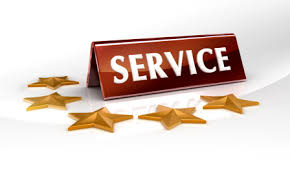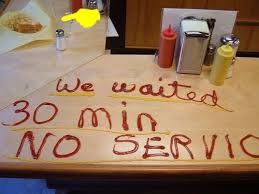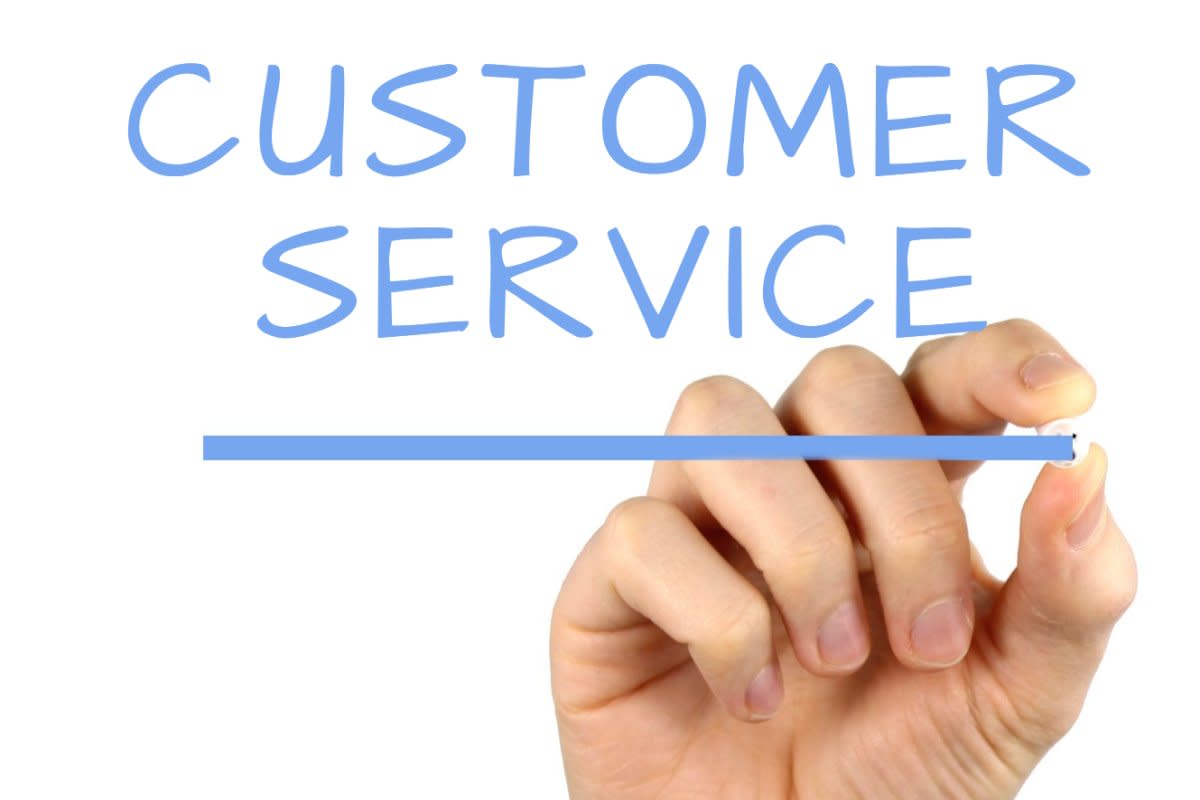Customer Service: 10 Major Dos and Don’ts
Introduction
Why are hotels and other customer service providing companies so concerned with customer service? Why do they spend or better say invest a lot on their customer service attitudes? Simply because; a customer to them means profit, better job satisfaction, increased sales and good salaries.
So how do we serve our customers to ensure that they must come back to us? Well, we can talk about a whole lot of attitudes and ways that we can keep our customers. But if we just talk, then we can talk and talk until the cows come home! We must put our money where our mouth is. Put into practice our customer service standards. That is very important!
If you are wondering what I am talking about, please read the following article I've put together to give some insight into the ever-demanding world of customer service.

1. Don’t ever say “NO”
The word “NO” tantamount to bad service. It means failure! It is easy, cheap, unproductive and negative. It is de-motivating, discouraging and disinteresting. Thus everyone hates the word “No”.
Instead of saying “No” to a customer, you can kindly give him options. For example; a customer walks in to the reception and asks you to give him the room number of a particular guest. Knowing your job that guest confidentiality is important and that you are not allowed to give out room numbers for guests you can tell the customer; “I am sorry Sir, but we are not allowed give out room numbers of our guests, but what I can do is, I will call him on his extension let him know that you are at the foyer and would like to speak to him”. That is a win-win situation. Your walk-in customer is happy, you are happy and your guest in the room is happy.
2. I Don’t Know
When customers hear “I don’t know”, they hear, I don’t feel like finding the information you need.
A better thing to say would be “I’ll find out for you”. This will show the customer that his query is important and that you are genuine in solving his problem.

3. That’s not my job/department
Do not tell the customer that is not your job if a customer is asking for something you do not know or do not have authority to do.
Instead, become a catalyst by leading the customer to the person or department who can help him solve the problem.
4. You are right – that is bad
Sympathizing with the customer’s plight and not doing anything to solve the problem does not do any good to win the customer. Likewise, it does not any good for the company to criticize co-workers or other departments within the company to the customer. Remember that you are there representing the company you work for.
If a customer expresses annoyance or frustration, do not make it worse by commiserating with him. Empathize with the customer and seek to solve the problem.
5. Calm down
Do not tell a customer to calm down if he is angry or upset. That will belittle him and often infuriate him further.
If a customer is upset or angry, let the vent (within reason) and they will eventually calm down. It is better to say “I am sorry”.

6. I’m busy right now
It is not easy to manage a lot of customers. You care helping one customer and another walks in to your service area. Do not put them off by saying that you are busy with another customer. Being too busy tantamount to saying that you do not care and they are not important.
What you do is politely ask the customer to be patient and wait till you are finished with the first customer. Tell the customer that he is important and you are aware of their presence.
7. Call me back
Do not tell the customer to call back. This expression conveys little interest on the part of the customer service staff for the needs and wants of the customer. You should always call the customer back because you want their business and are responsive to their requests. Being proactive is part of good customer service.
So instead of telling the customer to call back, you can say, I will call you back, what is your phone number?

8. That’s not my fault
If an angry customer accuses you of creating a problem, rightly or wrongly, the natural reaction is to defend yourself. However, this is not the best course of action. You should resist the need to defend yourself.
Instead by focusing on the needs of the customer, you can resolve the problem faster and with less stress and confrontation.
9. You need to talk to my supervisor
This phrase had angered and frustrated customers. Customers often ask for things outside the scope of your work or authority. There is always temptation to pass the request to your supervisor, however, it is better if you solve the problem yourself or directly go to your supervisor yourself and get a solution.
Thus, if you have a request from a customer that is beyond your scope of work or authority, always tell the customer that you will find out for him. Make it your business to talk to your supervisor and get the problem solved.

10. You want it by when?
Customers often make unrealistic demands especially when it comes to time. Normally one’s first reaction will be to annoy or to make a sarcastic comment. The best approach is to hold off on displaying negative attitude and making a poor impression.
If a customer comes up with unrealistic demands, politely tell the customer that you will let him know after talking to you supervisor if that is feasible.
In conclusion, thank you very much for reading and hope you have enjoyed my hub and found it informative and interesting. If you have found this interesting and helpful or if there is anything improvements that needs to done on my hub page, please leave a comment below.







